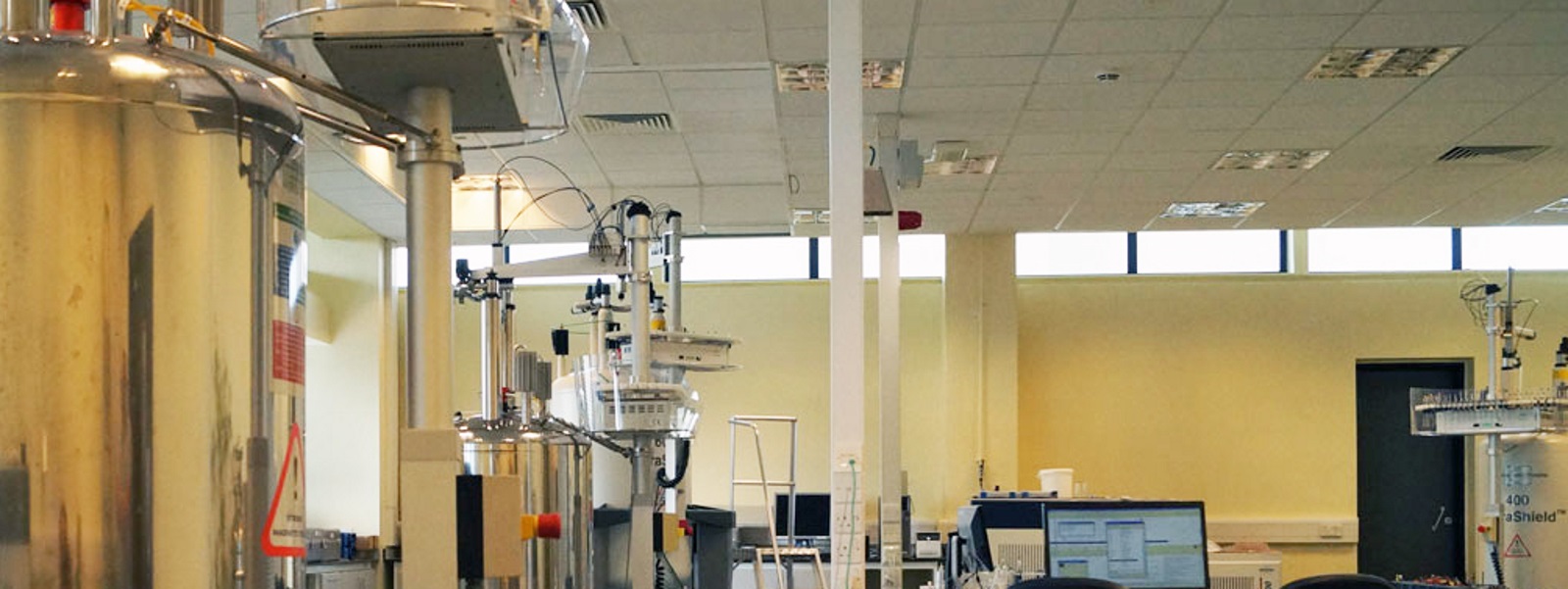Current opportunities
As part of our industry-based PhD programme, we can offer a number of collaborative studentships that are based at the University of Strathclyde and funded by the University, the EPSRC & GSK.
Students will be part of a cohort of postgraduate researchers based at the University of Strathclyde and will have the opportunity to spend at least three months of the studentship period at the GSK Medicines Research Centre in Stevenage, England.
Students will be supervised by the following chemistry academics: Professors Glenn Burley; Craig Jamieson; Billy Kerr; Nicholas Tomkinson; and Dr David Lindsay.
A senior scientist from GSK will also co-supervise providing robust and comprehensive mentorship for individual researchers.
Deadline to apply is 12.00 pm on Monday 2nd March 2026

